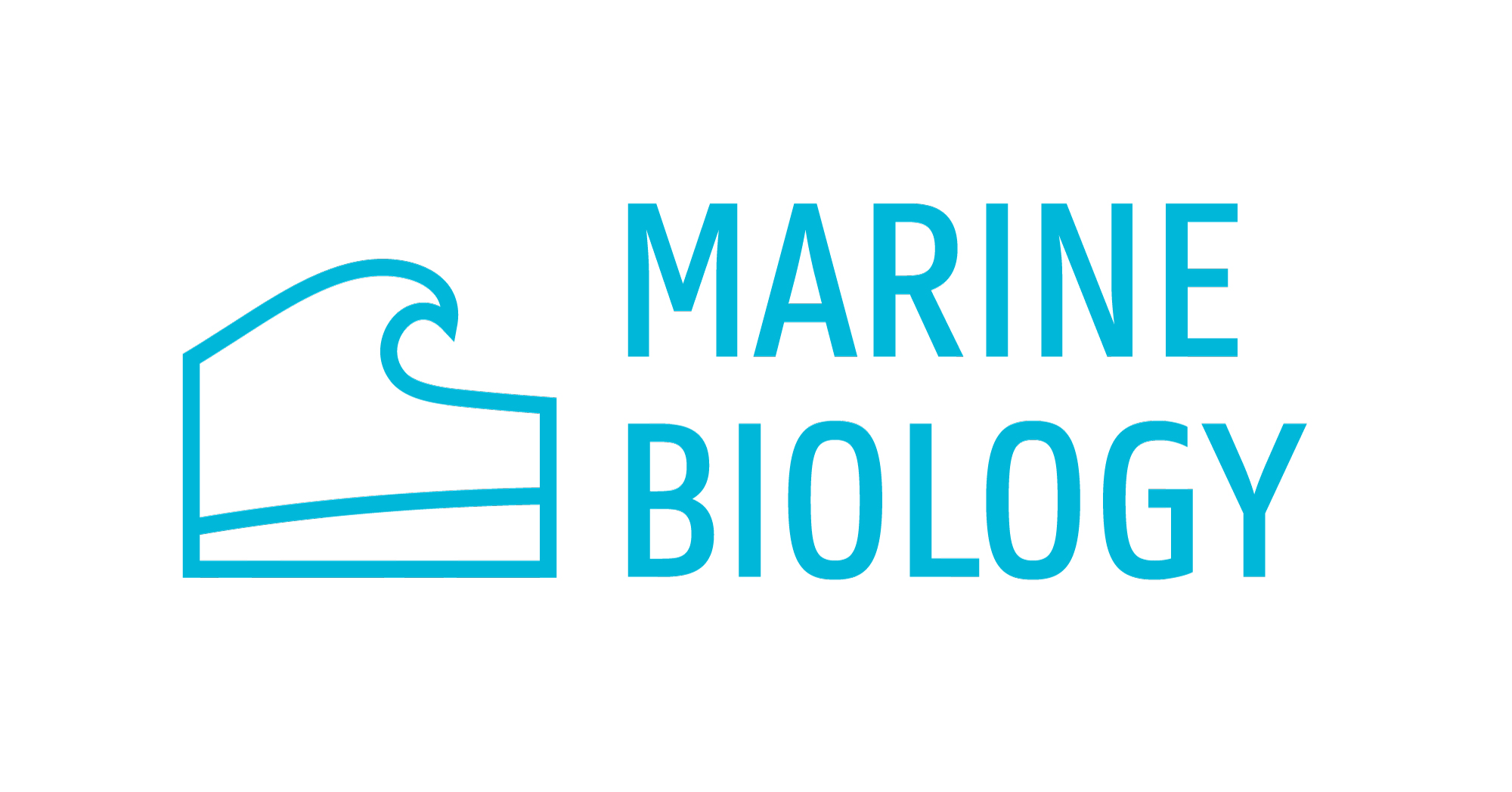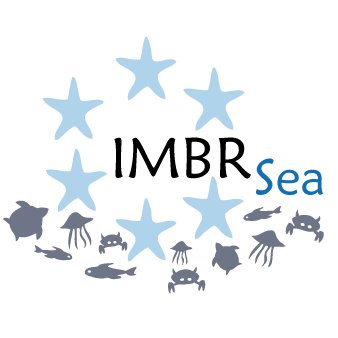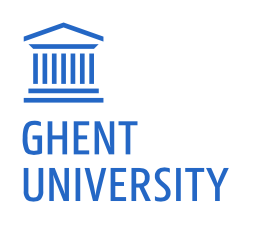The 2-year master programme in “Master of Science in Marine and Lacustrine Science and Management” (Oceans & Lakes) addresses students with a background in Sciences.
Oceans & Lakes is an inter-university programme organized by the Faculty of Sciences of Vrije Universiteit Brussel (VUB, Free University of Brussels), Universiteit Antwerpen (UAntwerpen, Antwerp University) and Universiteit Gent (UGent, Ghent University). The students are provided with a strong fundamental and applied knowledge and prepared for an active role in the scientific research and management of marine and lacustrine systems.
The programme adopts a multidisciplinary approach integrating physical, chemical geological, ecological and societal aspects and including nature conservation and sustainable development.




